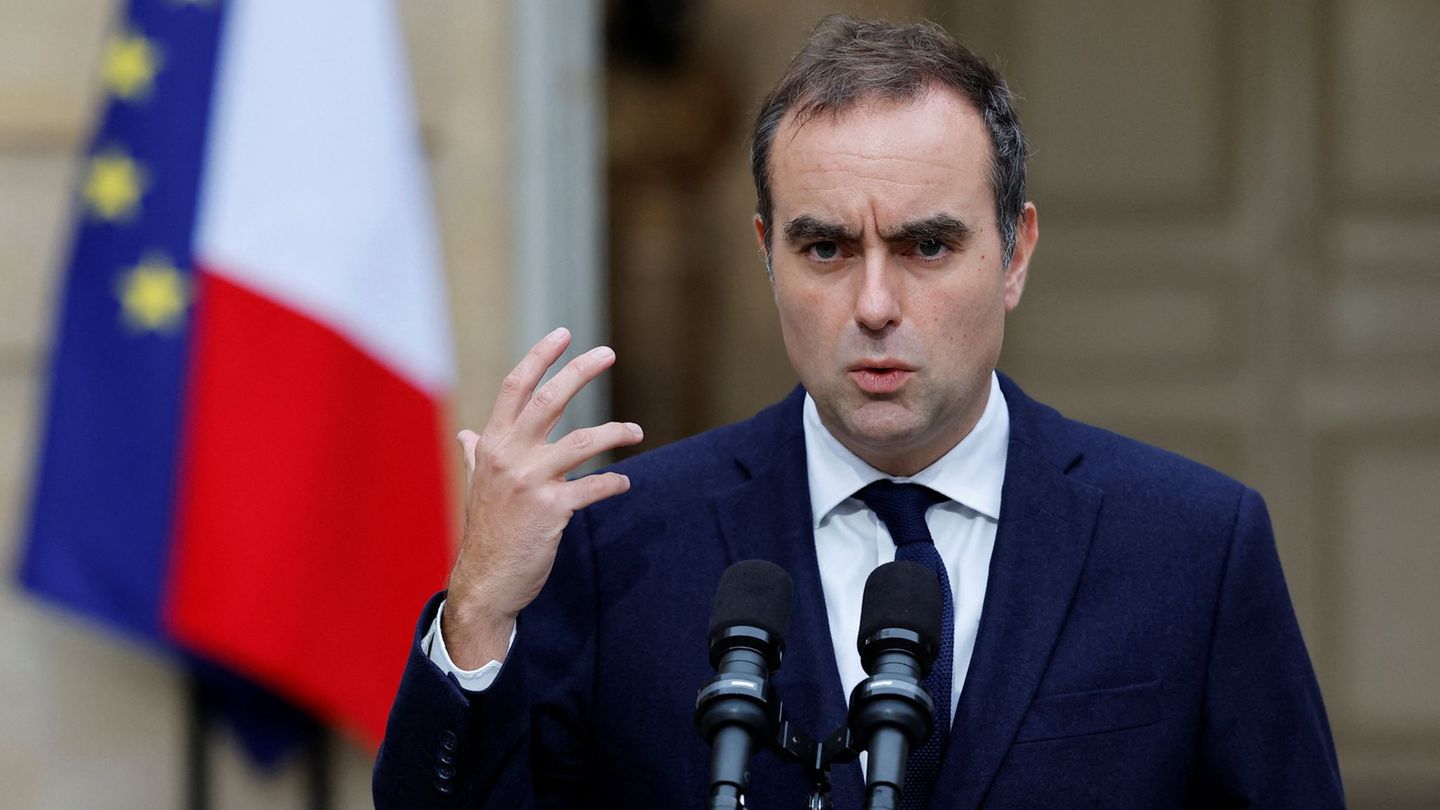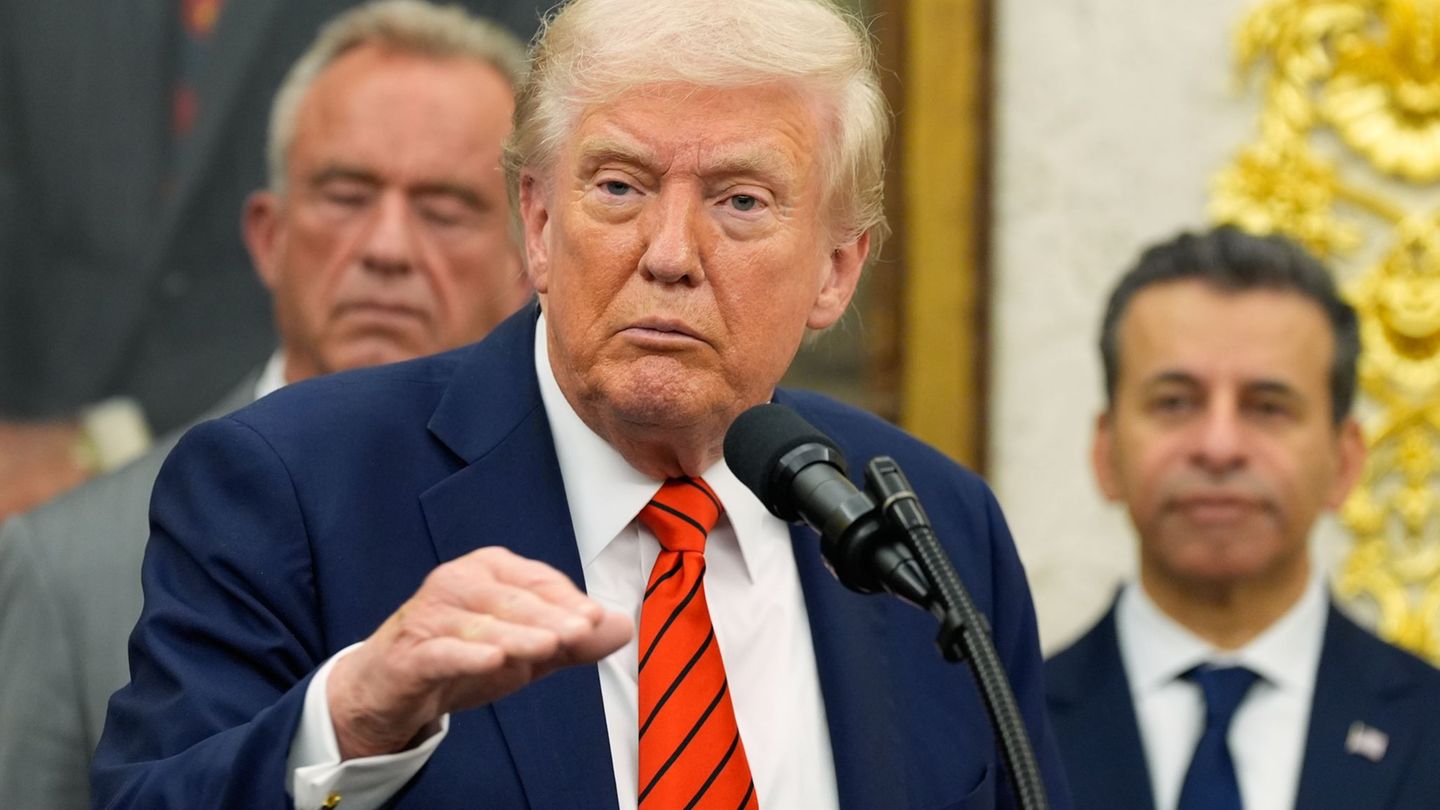The increase in the price of energy (gas and oil) would negatively affect Argentina -which is a net importer- making the price of LNG, the liquefied natural gas that arrives in ships in the country, more expensive. In this framework, the Secretary of Energy had calculated for this year an average price of LNG at US$25 per BTU, including the cost of regasification, three times what was paid in 2021. However, the evolution of the conflict estimates that Between US$3.5 billion and US$4 billion will be needed to buy the fuel needed to get through the winter.
On the other hand, Martínez assured that the Government does not want “repeat the rate hike or have the rates frozen”and at the same time guaranteed that the rise in electricity and gas bills will be “below the evolution of wages.”
“We do not want to repeat the price increase that complicated the lives of many Argentines. Nor do we want to have the rates frozen, but rather that their evolution be below the evolution of wages and that all Argentines recover the possibility of consuming goods and services. It is a political decision of a government that understands that this is a priority,” the official emphasized.
In this sense, Martínez confirmed that the adjustment that gas service users will suffer will be between 17% and 20% and that it will be reflected in the consumption of March, which will be paid in April.
In radio statements, Martínez commented that the percentage increase “is the result of the public hearings” and added: “The decision of how much it will impact the residential bill is 20% in the AMBA, in a flat way. It is the same decision we made last year.
“The rates are not frozen but they evolve much less than the salary of the workers”he insisted.
Regarding subsidies, the Secretary of Energy commented: “We are talking about a more intelligent use. We must subsidize those who cannot afford the cost. It is an issue that must be addressed.”
“Whether energy is cheap or expensive depends on the capacity of each sector. In this, the State has to be attentive to the most vulnerable sectors and continue helping, because it is what corresponds. We want to recover the salary. It is a political decision that also it was taken last year and has nothing to do with the discussion with the IMF,” he assessed.
On Wednesday, the government officially authorized a 36% increase in income for distribution companies and 60% for gas transporters. This translates into an increase of up to 20% in rates for residential users and 15% for SMEs. The adjustment that was finally established is lower than the claim made by the companies in the public hearing in mid-January.
Source: Ambito
David William is a talented author who has made a name for himself in the world of writing. He is a professional author who writes on a wide range of topics, from general interest to opinion news. David is currently working as a writer at 24 hours worlds where he brings his unique perspective and in-depth research to his articles, making them both informative and engaging.




